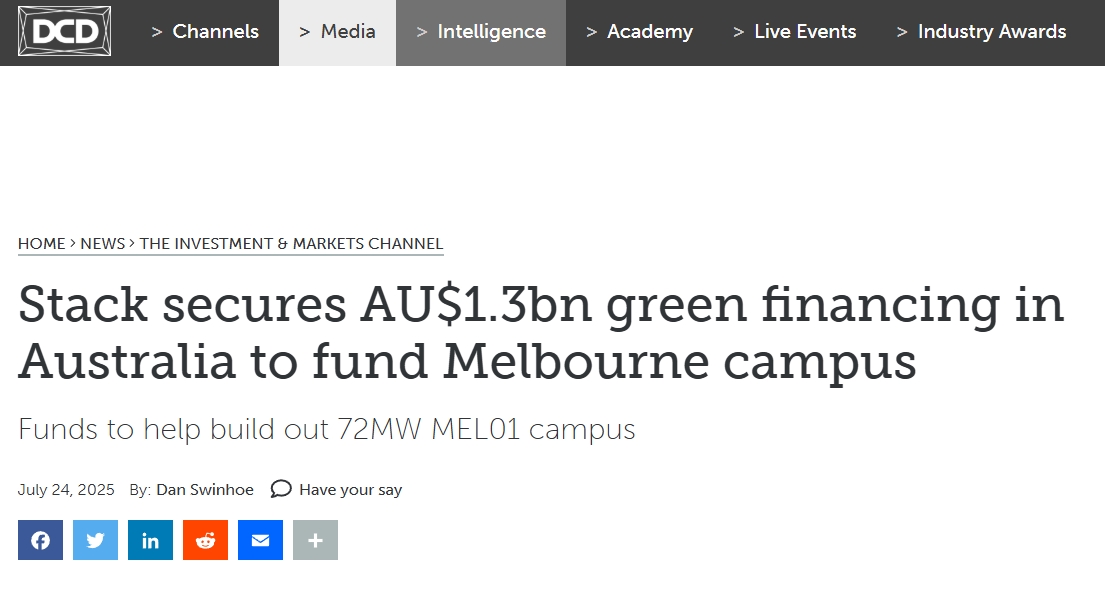Country aims to use surplus power to kickstart digital infrastructure boom.
Pakistan is set to allocate 2000MW of state grid electricity to Bitcoin mining and AI data centers, the state Finance Ministry said.
The ministry announced the plans to use surplus electricity to power Bitcoin and AI data centers in what appears to be the first phase of an ongoing initiative.
“Pakistan is uniquely positioned — both geographically and economically — to become a global hub for data centers. As a digital bridge between Asia, Europe, and the Middle East, Pakistan offers the most strategic location in the world for data flow and digital infrastructure,” the government said in a statement.
Rather than being an act of sudden newfound love for Bitcoin and cryptocurrency, the redirection of electricity appears to be in response to the chaos caused in the energy sector by high electricity tariffs and surplus generation capacity.
The rapid spread of solar energy technology in Pakistan has caused further complications in the country, as more consumers turn to alternative energy sources in order to save money.
The initiative is being led by the Pakistan Crypto Council (PCC), a recently formed government-backed body that is dealing with a broader nationwide strategy to create new jobs in the tech sector, attract foreign investment, and monetize surplus electricity.
According to Data Center Map, Pakistan currently has 22 data centers split between three markets: Lahore, Karachi, and Islamabad. Operators include PTCL, Multinet, Chapal, Supernet, Cybernet, and Vision Telecom, among others. In June 2023, the University of Turbat in Pakistan launched a new data center. The first phase of completion coincided with the deployment of a 1MW solar project at the university.
In early March, Pakistan telecommunications firm Jazz partnered with Chinese tech giant Huawei to install solar panels at 1,000 sites across Pakistan. The deal was expected to reduce electricity costs in Pakistan by as much as 96 percent.
Pakistan was also one of the first nations to agree to the installation of SpaceX’s Starlink satellite Internet services as part of efforts to appease the US administration amid ongoing trade disputes.
Starlink also saw partial accommodations with Somalia, the Democratic Republic of Congo, Bangladesh, Pakistan, and Vietnam, as well as distribution deals with two providers in India in March.
Earlier this month, national electricity usage in Kuwait dropped by fifty percent after a crypto crackdown by authorities in the face of energy blackouts caused by summer heatwaves.








